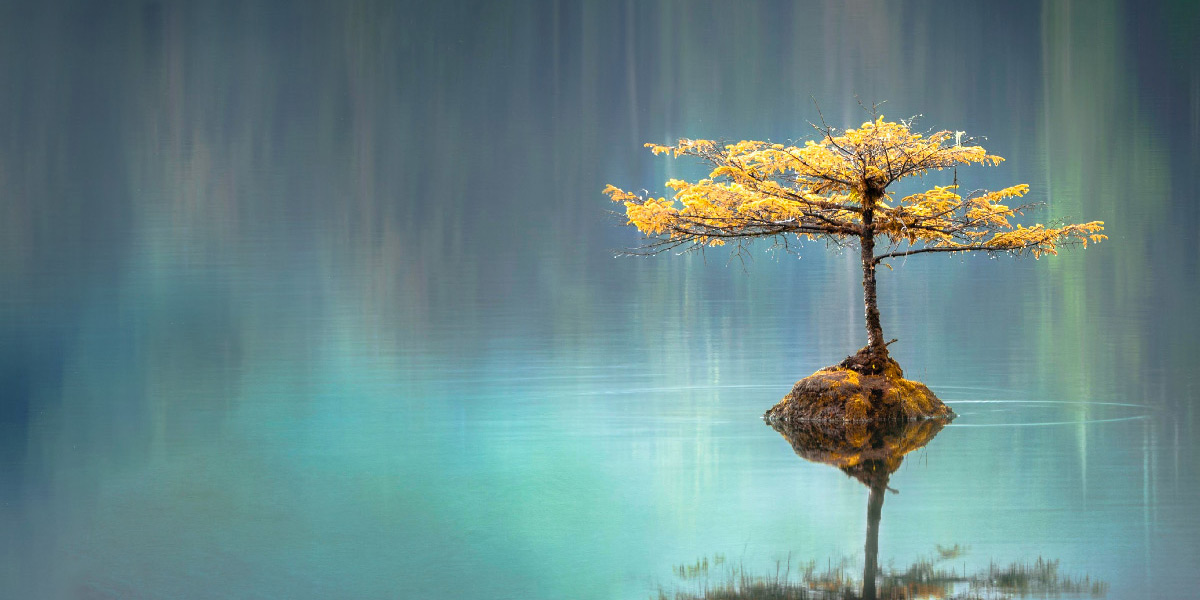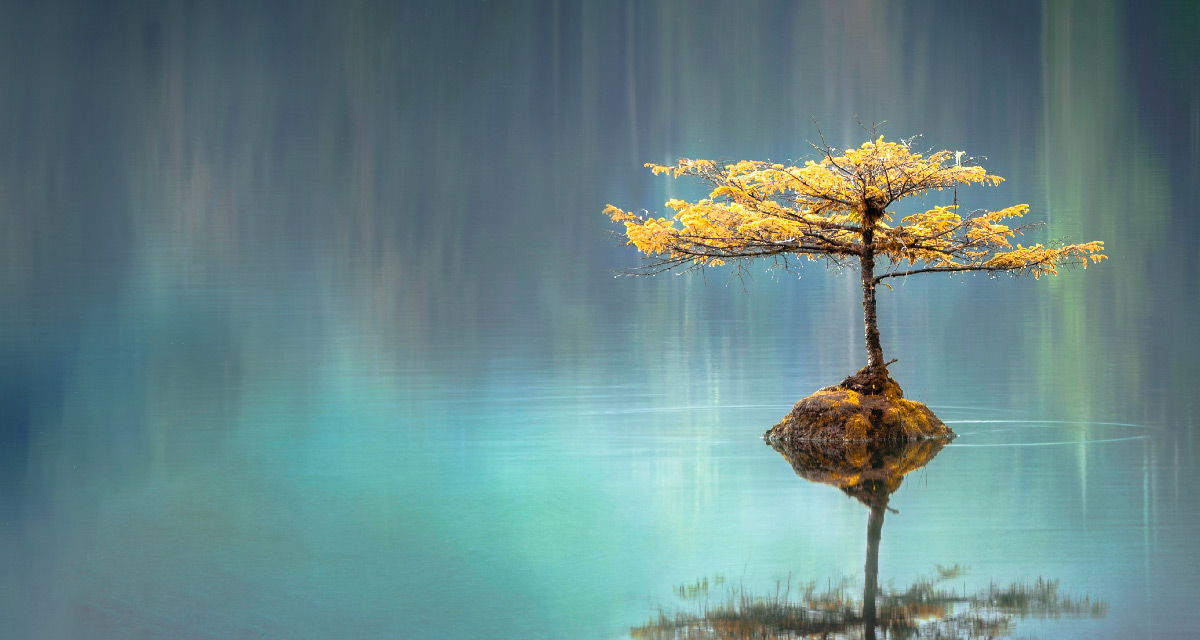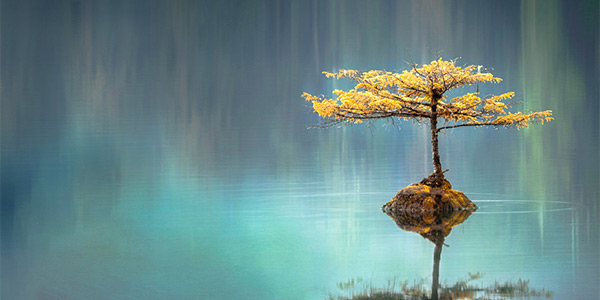by Katherine Jamieson

Editor’s Note: Katherine Jamieson will be leading a 3-session contemplative writing course, Contemplative Writing: Uncovering the Writer Within beginning May 7th. Find out more and register today.
I talk to a lot of people who want to be writers, but are struggling. Something is in the way. They think: What should I write about? Am I good enough to even be doing this? Who would want to read my work? They sit down to create and 10,000 distractions rise up: text messages, appointments, pressing errands. Soon they are doing something else, something urgent, which is actually a relief. Anything is easier than writing.
The act of writing is very simple: just put one word after another. But this simplicity is also anxiety-provoking. There is no hiding behind an instrument, tools or fancy technology. All you have is a pen or pencil, maybe a computer. Writing is a very exposed art. You are sharing your thoughts on the page, laying your mind bare for all to see. You are offering your view on what it means to be alive. What could be more amazing, or more terrifying?
Often when I sit down to write my mind is going in many directions at once. My thoughts and emotions are jumbled, loud, vying for attention. But if I can remember to breathe and feel my fingers on the smooth keyboard, my body in the chair, I can ease into what I am doing. Maybe I need to start slowly. For the next five minutes, I am writing. And then tomorrow: For the next twenty minutes… This is how we build muscle and cultivate our writing practice, our writing life.
Over time we can begin to tap into our natural stillness. If we allow this quiet to grow it will nourish us and give us the courage to push back against our self-judgment, hyper-criticism, and censoring mind. It will help us heighten our awareness and powers of observation. We may tap into long-forgotten memories and feelings, make sense of our past, vision our future, bring rough beauty into the world.
Fundamentally, we must learn to trust ourselves. In the words of John Daido Loori, former Abbott of Zen Mountain Monastery:
“If I was asked to get rid of the Zen aesthetic and just keep one quality necessary to create art, I would say it’s trust. When you learn to trust yourself implicitly, you no longer need to prove something through your art. You simply allow it to come out, to be as it is. This is when creating art becomes effortless. It happens just as you grow your hair. It grows.”
When we trust ourselves all the myriad writing struggles and doubts start to fade away. We see that our creative self is the same as our day-to-day self, not something special or separate. The rewards of writing begin to outweigh the risks, our fear recedes, and we see our vast potential, as wide and bright as the ocean on a full moon night. Effortlessness is the natural outgrowth of trusting ourselves, not just a pie-in-the-sky idea but a way of being in the world.
Most importantly, when we trust ourselves we’re able to be joyful as we create, regardless of the outcome. We know that we are worthy, and we can relax into this knowledge. Writing now brings us relief, not tension. As Loori says, we release ourselves from the idea of having to prove something through our art.
We write to write, just that.
This post originally appeared in Medium. Find out more about visiting faculty Katherine Jamieson (bio). See also katherinejamieson.com
Photo by Faye Cornish (unsplash.com)
By Katherine Jamieson

Editor’s Note: Katherine Jamieson will be leading a 3-session contemplative writing course, Contemplative Writing: Uncovering the Writer Within beginning June 6th. Find out more and register today.
I talk to a lot of people who want to be writers, but are struggling. Something is in the way. They think: What should I write about? Am I good enough to even be doing this? Who would want to read my work? They sit down to create and 10,000 distractions rise up: text messages, appointments, pressing errands. Soon they are doing something else, something urgent, which is actually a relief. Anything is easier than writing.
The act of writing is very simple: just put one word after another. But this simplicity is also anxiety-provoking. There is no hiding behind an instrument, tools or fancy technology. All you have is a pen or pencil, maybe a computer. Writing is a very exposed art. You are sharing your thoughts on the page, laying your mind bare for all to see. You are offering your view on what it means to be alive. What could be more amazing, or more terrifying?

